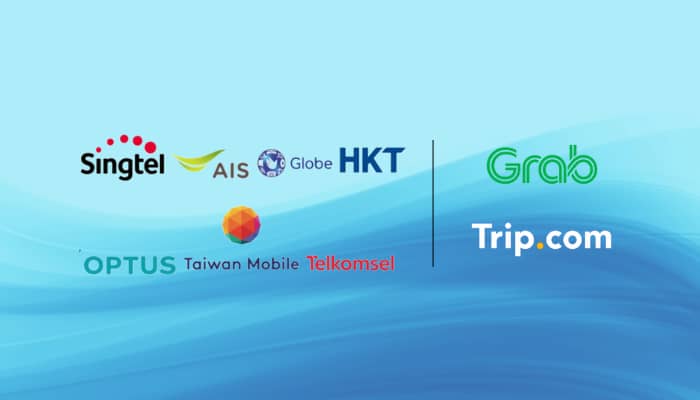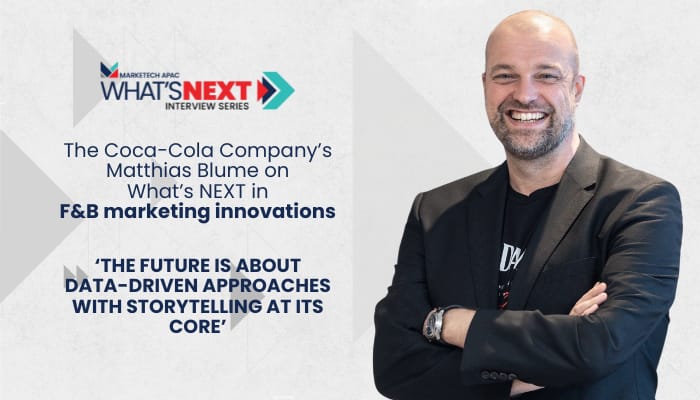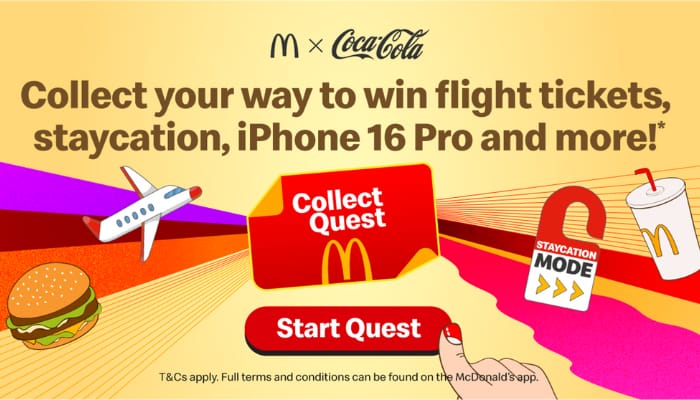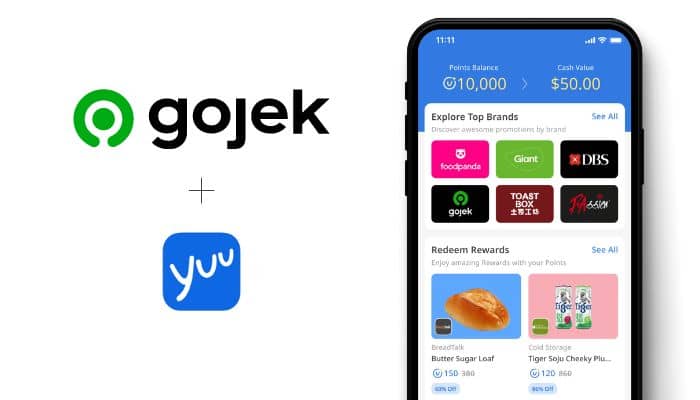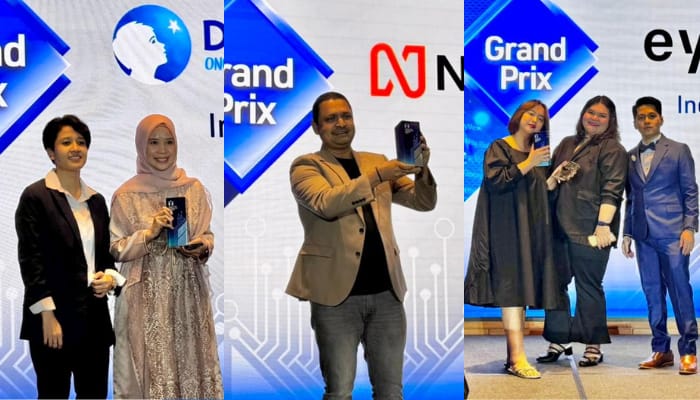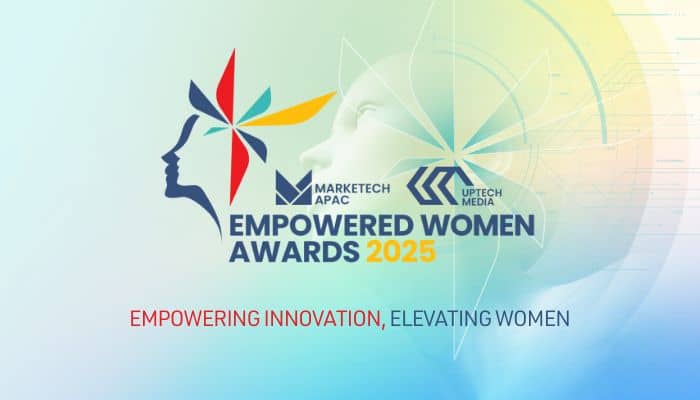For relationships between businesses to endure, it is at times insufficient to deliver quality products and services. Satisfaction is one thing, but loyalty is another. This is where reward programs play a crucial role. By implementing loyalty solutions, companies can retain customers and significantly boost how it is perceived in the industry.
While there is profound potential in setting up loyalty programs, there are nuances and complexities in implementing and managing them.
Sudhanshu Tewari, chief executive officer and co-founder of Rewardz, shared his insights in MARKETECH APAC’s latest What’s NEXT in Marketing interview, discussing the value, challenges, and trends that shape loyalty programs in a business-to-business (B2B) setting.
‘Creating a sense of belonging’
Reward systems have always been a way to build lasting relationships between brands. For Sudhanshu, this provides a feeling of being seen — the first step towards loyalty.
“It’s not just about rewarding transactions; it’s about creating a sense of belonging and mutual value. When users feel recognised and valued, they’re more likely to stay loyal,” he said
However, there remain different challenges in putting this into practice. Nonetheless, B2B solutions can step in.
“B2B solutions need to help businesses build tailored loyalty solutions that ensure users are engaged and appreciated, which strengthens these long-term partnerships and drives retention,” Sudhanshu said.
Unlocking opportunities through B2B loyalty solutions
Loyalty solutions in a B2B setting can unlock other opportunities such as cross-selling and upselling. Through rewards and exclusive offers, people are motivated to learn more and invest in the company.
“When brands reward users for deeper engagement, they naturally begin to explore more offerings,” Sudhanshu said. “It’s a win-win for both sides.”
Personalising experiences and rewards are key to this, which relies on analysing customer preferences and needs. To gain these insights, analysing customer data is a must for businesses.
“Businesses need a platform that can use detailed analytics to understand user behaviour, segment them effectively, and offer personalized incentives that drive them to engage with other products or services. This data-driven approach helps brands maximise their current customer base, increasing lifetime value,” he said.
Besides analytics tools, customer relationship management (CRM) platforms greatly contribute to a loyalty program’s success, fusing well with analytics. As a hub for customer data, CRMs allow businesses to easily understand customers, track interactions, and consequently personalise rewards.
“Basically, CRM platforms provide the data that can automate different trigger points for rewarding customers for more personalised rewarding at scale without manual intervention. This leads to more effective and impactful loyalty strategies, driving deeper connections with users,” Sudhanshu said.
“B2B technology solutions, especially CRM systems and analytics, have completely transformed the way loyalty strategies are executed. They provide a 360-degree view of user interactions, allowing businesses to make informed decisions about rewards and incentives,” he added.
Thriving through innovation
For Sudhanshu, one of the biggest challenges for brands is to set up scalable loyalty programs, all while maintaining its relevance for individual users. Nonetheless, B2B technology solutions can help brands with flexibility, allowing them to customise incentives when necessary.
“It’s tough to design a program that resonates with everyone—whether it’s your customers, channel partners, or employees—while also staying within budget,” he said.
“With inbuilt generative AI, loyalty platforms can customize rewards messaging to individual customers at scale, capture user preferences and use analytics to show rewards that match user preferences,” he added.
Over time, more technological innovation is becoming necessary with current trends in implementing loyalty programs. In his vision of the industry’s future, Sudhanshu expects to see more gamification, sustainability-focused rewards, and leveraging technologies like AI and blockchain.
“Gamification adds an element of fun and competition to programs, driving engagement, while sustainability rewards resonate with companies prioritising ESG goals. Meanwhile, AI-driven personalisation and providing companies flexibility to reward at campaign level will become industry standards,” he explained.
Additionally, he expects that brands will be more capable of self-managing global campaigns, with access to advanced analytics.
“We at Rewardz are committed to staying ahead by innovating around these trends. Our solutions are designed to evolve with client needs, ensuring they remain relevant and impactful in a rapidly changing world,” Sudhanshu said.
With the current trends shaping the future of how brands offer loyalty programs and ultimately scaling their businesses, the important thing remains the same – nurturing relationships with brands that can endure changes in the industry. As the industry evolves, innovation is required to thrive in a competitive landscape.




